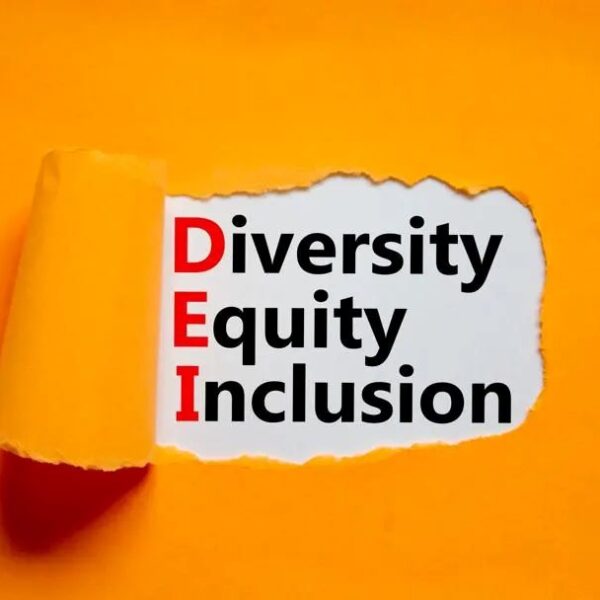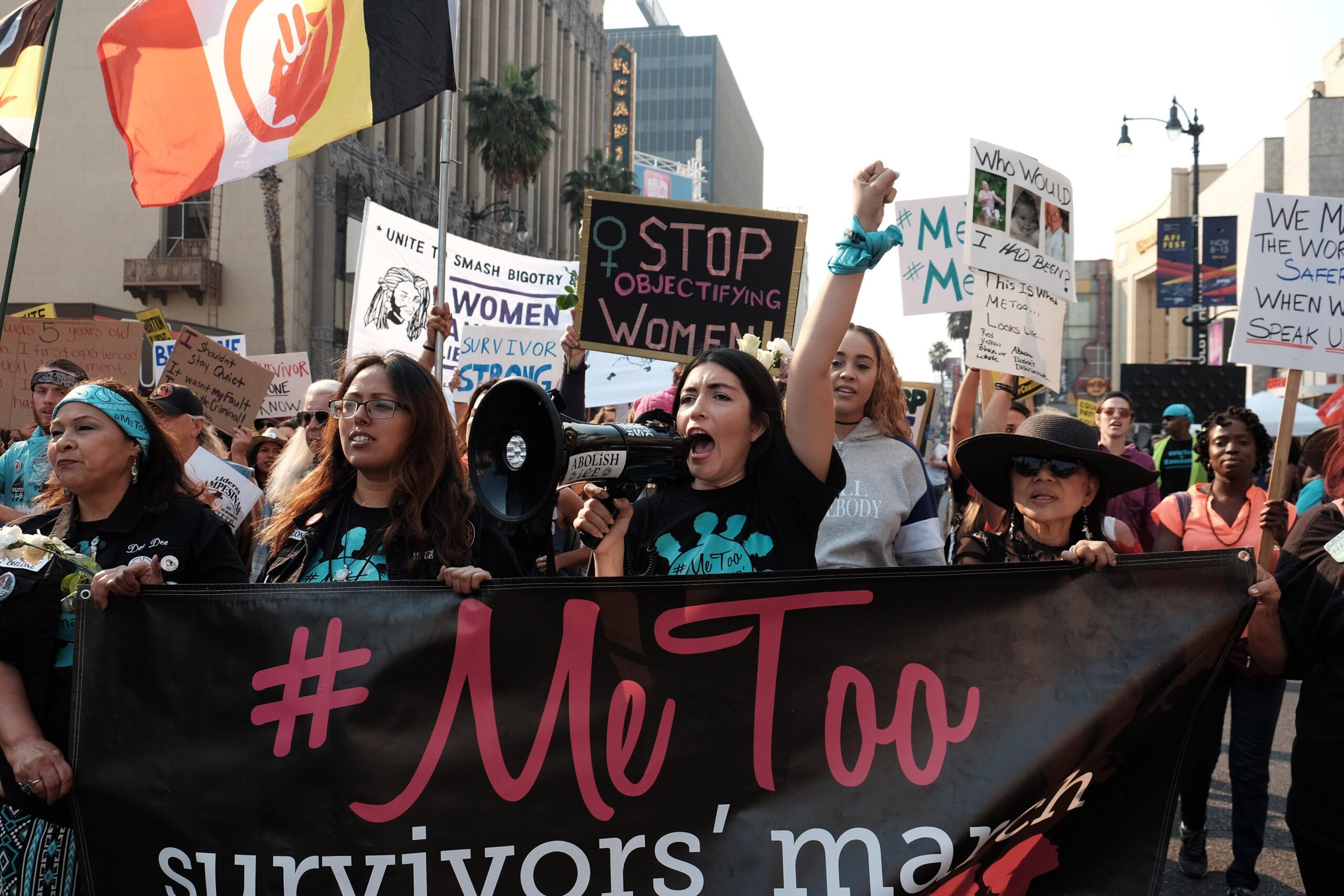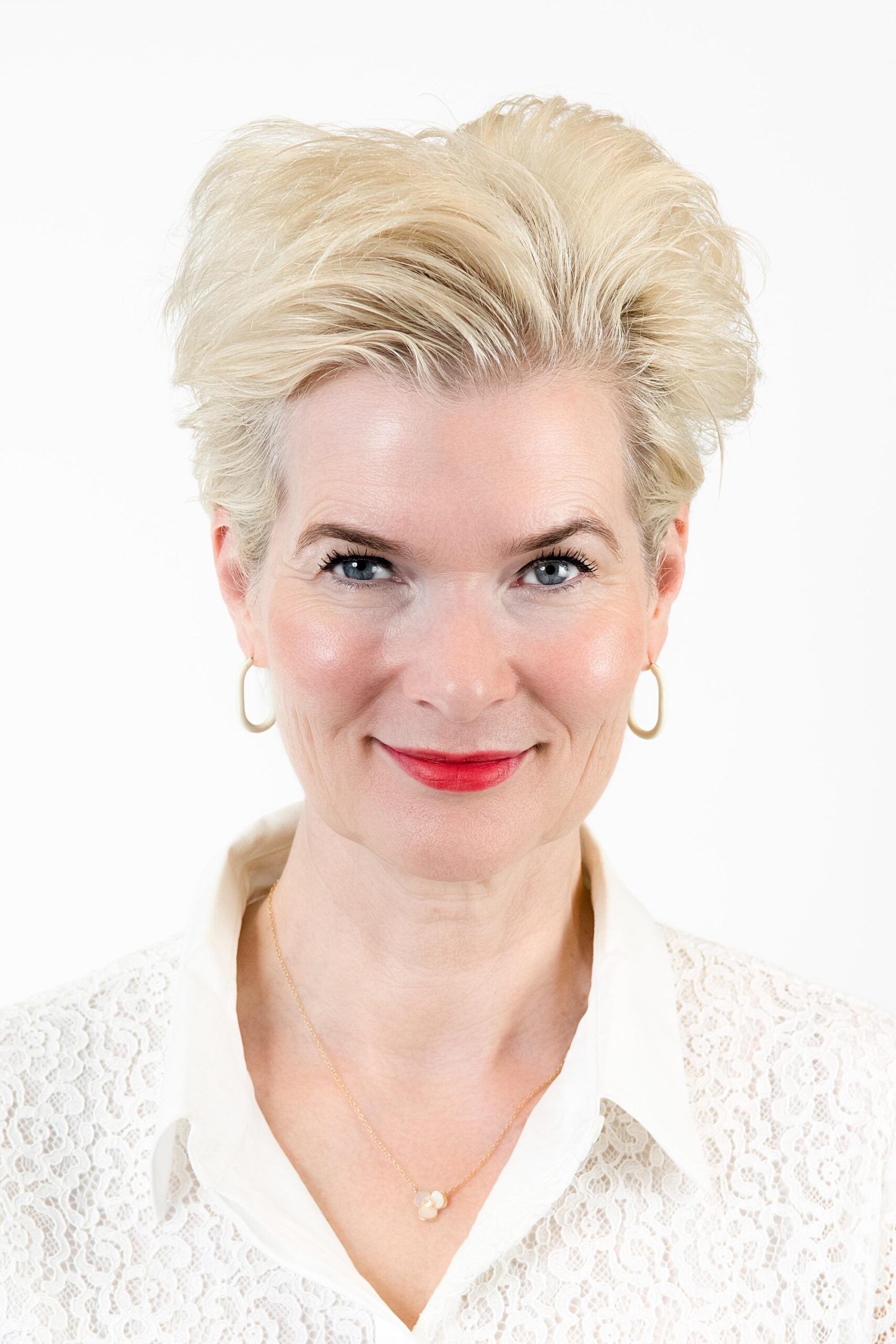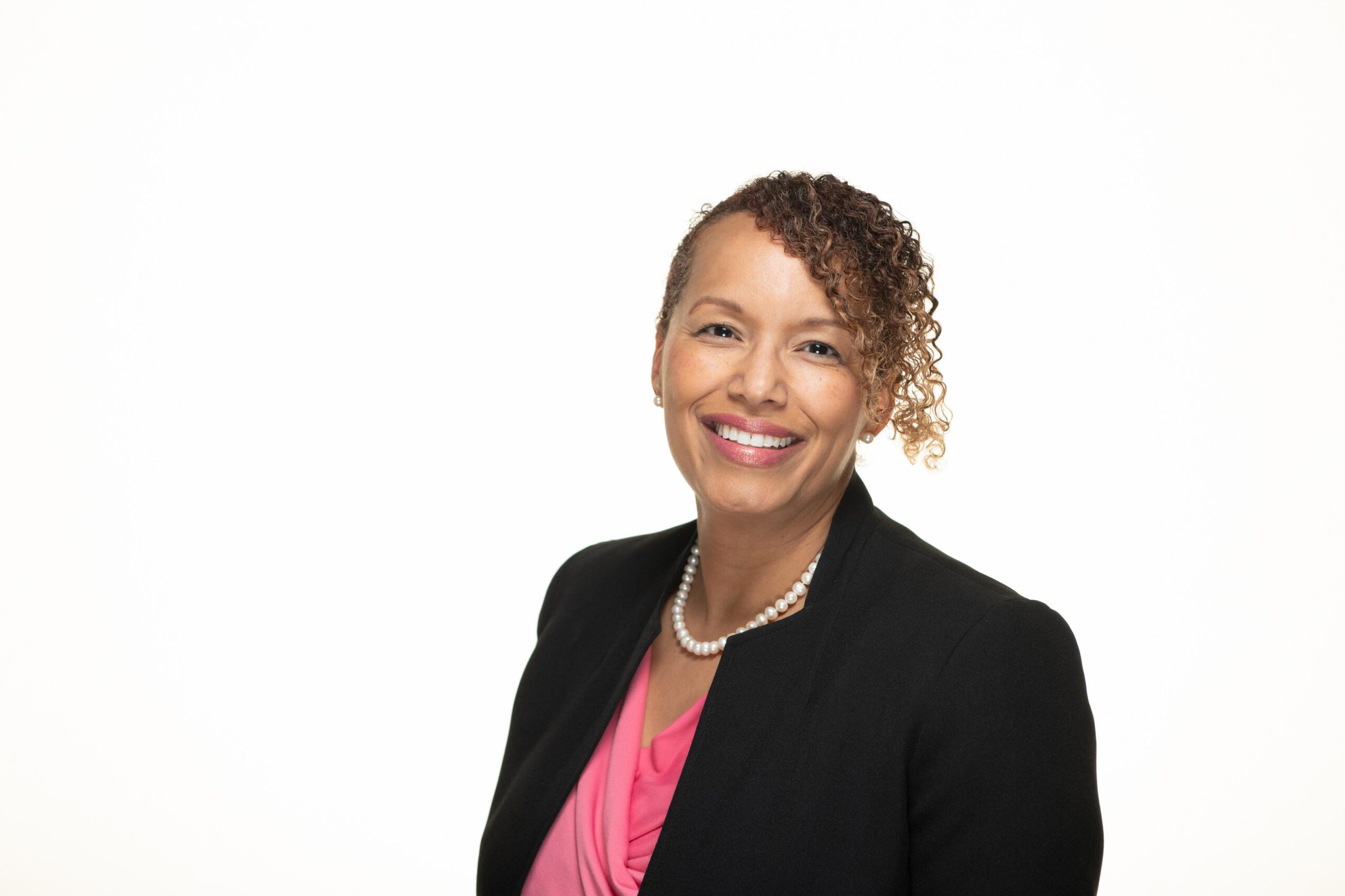
Not Everyone Will Support DEI—Here’s How To Keep Moving Forward
While diversity, equity and inclusion (DEI) may still be a key priority for many organizations, one in five employees now view these efforts as ‘a bad thing’, according to a new report by Pew Research Center.


















